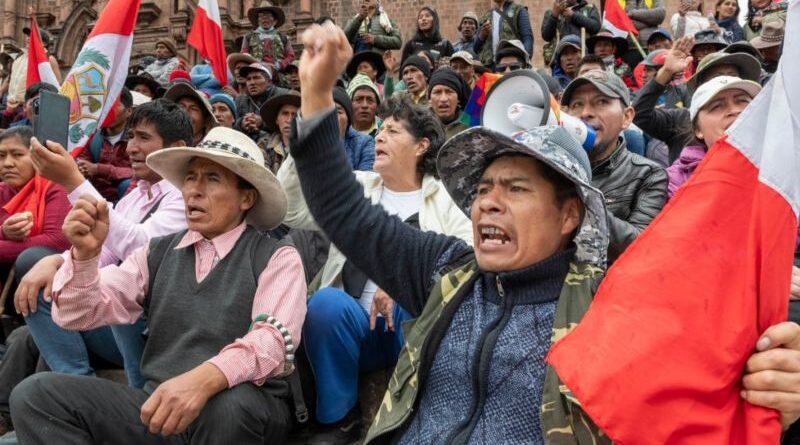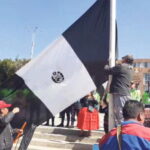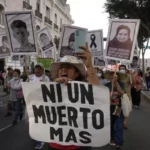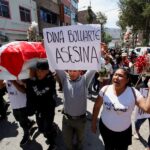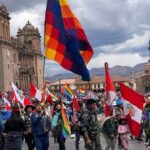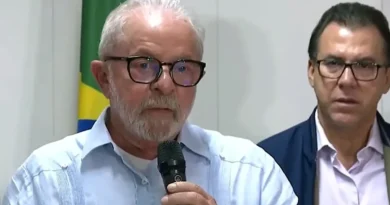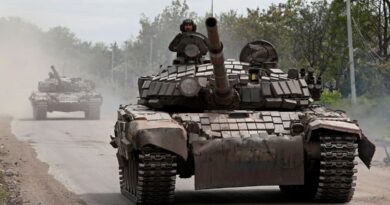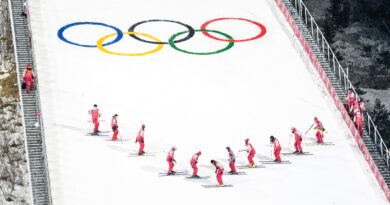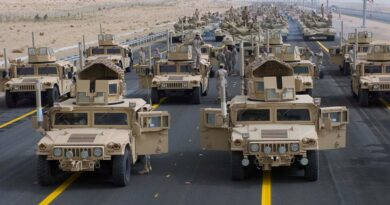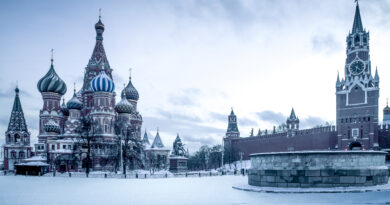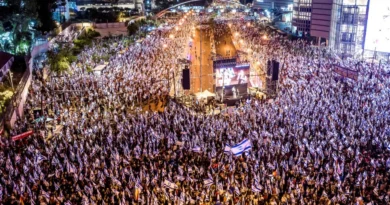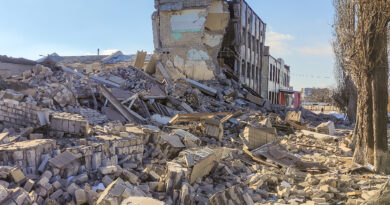The self-summoned
CESAR ROBLES
Lima
A new political actor has emerged as a result of the massive social protests that occurred in southern Peru, and particularly in the Puno region. They are the so-called "autoconvocados", individuals who do not represent political organizations or collectives, trade unions or cultural or neighborhood associations, but who clearly and openly express their political positions and have a significant and gravitating presence in the protest movement against Dina Bolaurte. .
As a result of the crisis and the collapse of the political institutions in Peru, the people seek and find alternative forms of organization. These ways do not necessarily correspond to the usual hierarchical structures of political organizations, such as the leadership and its bases. In this novel scenario, horizontal structures are privileged that correspond to each individual feeling represented through assuming collective leadership. Thus, at least for now, they rule out delegating organizational responsibilities to a leader or representative.
These dynamics are notorious in the protests in Puno and southern Peru since, although there are formal representation groups and leaderships such as the Frente de Organizaciones Populares, no one wants to assume the leadership of the movement. And since nobody wants to be the visible face, this becomes a complicated task of finding interlocutors who can channel a political agenda for dialogue.
The self-convened can participate in a neighborhood committee, a cultural group or a sports association, but they do not have organic participation and even less dare to list the demands or actions promoted or promoted by the movement. They mobilize motivated by indignation and rejection of the actions of the government of Dina Boluarte.
Quechua and Aymara
In this new group of actors we could also include the Aymara and Quechua peoples who have massively joined the protest without designating or nominating an identifiable leader. But what explains that attitude? How to understand that political behavior? For Luis Vilcatoma, a professor and researcher at the National University of the Altiplano, there is an affective and emotional sense in the response of the Quechuas and Aymaras to what happened with former president Pedro Castillo.
"It does not matter if they have stolen or not, if they have been incapable of government policies, what interests and mobilizes them is that one of their "owns" has been attacked, mistreated and humiliated, and therefore, that humiliation also it is towards them”, says Vilcatoma.
This fact is key if we want to understand why the Aymaras in the north and the Quechuas in the south of Puno have energetically joined the political mobilizations to demand the resignation of Boluarte.
To which are added the disqualifications to which they have been subjected by the government in recent days when trying to describe them as "violent" for their supposed closeness to "Los Ponchos Rojos" and for receiving financing from countries like Bolivia, which end up adding more fuel to the fire to the growing political crisis.
Vilcatoma points out that on the part of the government and in particular its Prime Minister, Alberto Otarola, there is a clear manifestation of ignorance of what the Aymara people represent and mean, since they have always been characterized as a people dedicated to trade, livestock, crafts, and agriculture.
“This commercial development of the Aymaras is being the basis for the creation of an incipient regional bourgeoisie. They are people with a lot of economic power who right now occupy political decision-making spaces such as the Regional Government or various instances of the local administration, so accusing them of receiving foreign financing is ridiculous”, says Vilcatoma.
What is clear is that both in the city and in the countryside, this new actor is connected to social networks through his mobile. A farmer or rancher, unlike in the past in the rural world, now has information and various communication spaces such as WhatsApp groups, through which they self-convene and organize.
According to Vilcatoma, in these expressions and political manifestations the concept of citizenship would be germinating in the rural sectors of deep Peru.
The other thing is that this movement is the consequence of an explosion of spontaneity, which is driven more by indignation and a profound rejection of the authorities and political classes that govern the country. This indignation and repudiation are fed daily with the massacres carried out by the regime against poor peasants and the Andean rural world.
For the same reason, this makes it difficult and complicated for the government to establish spaces for dialogue with interlocutors who assume the representation of the movement, since no one assumes that representation.“
In the Tía María mining conflict in the Arequipa region, a former Minister of Energy and Mines participated in an assembly with more than 500 farmers in Valle del Tambo, a highly productive agricultural area. In it, given the avalanche and overwhelming demand for claims and requests not met, he asked the audience with whom he could talk and negotiate an agreement. The farmers unanimously responded: With everyone!

